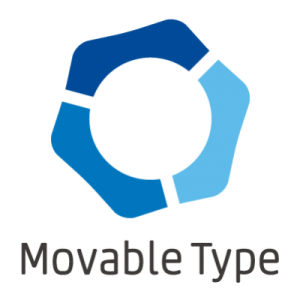In the crowded landscape of content management systems, Movable Type distinguishes itself through a robust feature set designed for serious publishers and content creators. Whether you’re managing a single blog or orchestrating a complex multi-site publishing operation, Movable Type provides the tools and flexibility needed to succeed.

Unlimited Publishing Potential
One of Movable Type’s standout features is its ability to host unlimited blogs and websites from a single installation. Unlike many competitors that impose artificial limits, Movable Type allows you to create as many blogs as needed, each with its own unique publishing options and configurations. This scalability makes it equally suitable for individual bloggers and large organizations managing dozens of properties.
The platform supports both traditional blog entries and standalone pages, giving content creators the flexibility to organize information in ways that make sense for their specific needs. Each website and blog can be configured independently, allowing for diverse content strategies across different properties.
Advanced Content Management
Movable Type’s content management capabilities extend well beyond basic publishing. The platform includes comprehensive revision history, allowing users to track changes to entries, pages, and templates over time. This audit trail is invaluable for collaborative environments where multiple contributors work on the same content.
Custom fields functionality adds another layer of sophistication, enabling users to extend the default content structure for websites, blogs, comments, templates, assets, entries, pages, categories, folders, and users. This extensibility ensures that Movable Type can adapt to virtually any content management requirement.
Publishing Flexibility
The platform offers multiple publishing modes to suit different needs and technical requirements. Static page generation creates individual files for each page whenever content changes, resulting in extremely fast loading times and excellent search engine optimization. Dynamic page generation composes pages on-demand as browsers request them, while hybrid approaches combine both techniques for optimal performance.
Scheduled publishing capabilities allow content creators to prepare articles in advance and have them automatically go live at specified times. Conversely, automatic unpublishing features enable time-sensitive content like contests or sponsored posts to be automatically removed when no longer relevant.
Design and Customization
Movable Type’s templating system provides unprecedented control over website appearance and functionality. The template-based output system makes it easy to maintain consistent branding across multiple properties while allowing for unique customizations when needed.
The platform includes a sophisticated theme mechanism that enables design changes with a single click, followed by automatic rebuilding to apply changes across the entire website. For users who prefer visual editing, the WYSIWYG editor simplifies content creation without requiring HTML knowledge.
Enterprise-Ready Features
For larger organizations, Movable Type Enterprise offers advanced capabilities including LDAP integration for user management, support for enterprise databases like Oracle and Microsoft SQL Server, and automated blog provisioning. These features make Movable Type suitable for complex organizational structures with sophisticated security and integration requirements.
The platform’s stability and security focus, combined with professional support options, make it a reliable choice for mission-critical publishing operations where downtime and security breaches are simply not acceptable.